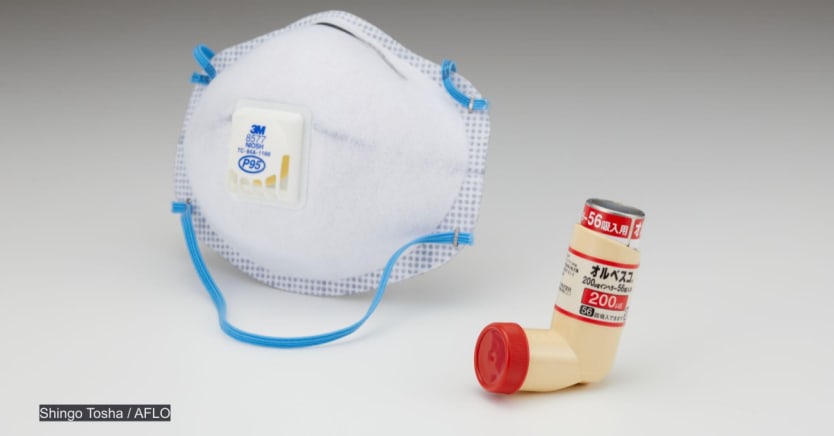Africa's largest clinical trial for early stage COVID-19 drugs launches

Researchers are recruiting participants for Africa’s largest clinical trial for treatments for early-stage COVID-19. The trial will examine a drug combination aimed at treating patients with mild-to-moderate cases, hoping to prevent their progression into critical cases.
“It has been more than a year since COVID-19 was declared a pandemic, and while we have vaccines registered for use, there are still very few treatment options — especially for the early stage when we could prevent severe progression, potentially reduce transmission, and maybe prevent the risk of developing post-COVID conditions,” said Dr. Nathalie Strub-Wourgaft, director of the COVID-19 response for the nonprofit research and development organization Drugs for Neglected Diseases initiative, which is coordinating the trial.
The ANTICOV study includes a consortium of 26 African and global research and development organizations and will take place in 13 African countries. The trial will examine the combination of antiparasitic nitazoxanide and inhaled corticosteroid ciclesonide. These drugs — which are commercially available and affordable — could potentially interfere with the replication of the virus in the body and decrease inflammation in the upper respiratory tract.
Preventing severe disease is important because of weak health systems in countries with limited resources, said Dr. Borna Nyaoke-Anoke, senior clinical manager at DNDi, and in charge of the ANTICOV trial in Nairobi.
“We cannot compare our health capacity with that in Europe or America. What might be considered a small number of severe diseases in the global north might have devastating consequences in Africa,” she said. “We want to prevent that progression to severe disease so that we don’t overwhelm our health care facilities.”
Participants have already been recruited in the Democratic Republic of Congo and Republic of Guinea, and the trial expects to enroll more participants from Burkina Faso, Cameroon, Côte d’Ivoire, Equatorial Guinea, Ethiopia, Ghana, Kenya, Mali, Mozambique, Sudan, and Uganda in the coming weeks.
Because of global shortages and countries hoarding vaccines, African countries have only received limited numbers of doses. New virus variants also threaten the efficacy of vaccines, making treatment options a crucial area of research.
For example, Kenya’s current vaccination plan expects to receive about 49 million doses, which will only cover 30% of the population by June 2023. Because of this, Kenya is not expected to reach the herd immunity threshold of 60 to 70% before 2023 under the current plan, Nyaoke-Anoke explained.
“It paints a bleak picture of when the continent will achieve herd immunity,” she said. “There is a great need to ensure that before everyone has access to these vaccines, for those who do get sick, we are able to assist them in curing the disease or preventing its progression into a more severe disease.”
Researchers will continue to recruit people for the trial over the next six to seven months. They hope to have results by the end of this year, or early next year. There will also be interim analysis, so if researchers find that the drug combination is not effective before then, new drugs might be introduced into the trial.
“For any disease that we’ve seen like polio, and other viral infections that we are trying to eradicate, therapeutics will always be needed in combination with vaccines,” Nyaoke-Anoke said.

Search for articles
Most Read
- 1
- 2
- 3
- 4
- 5








